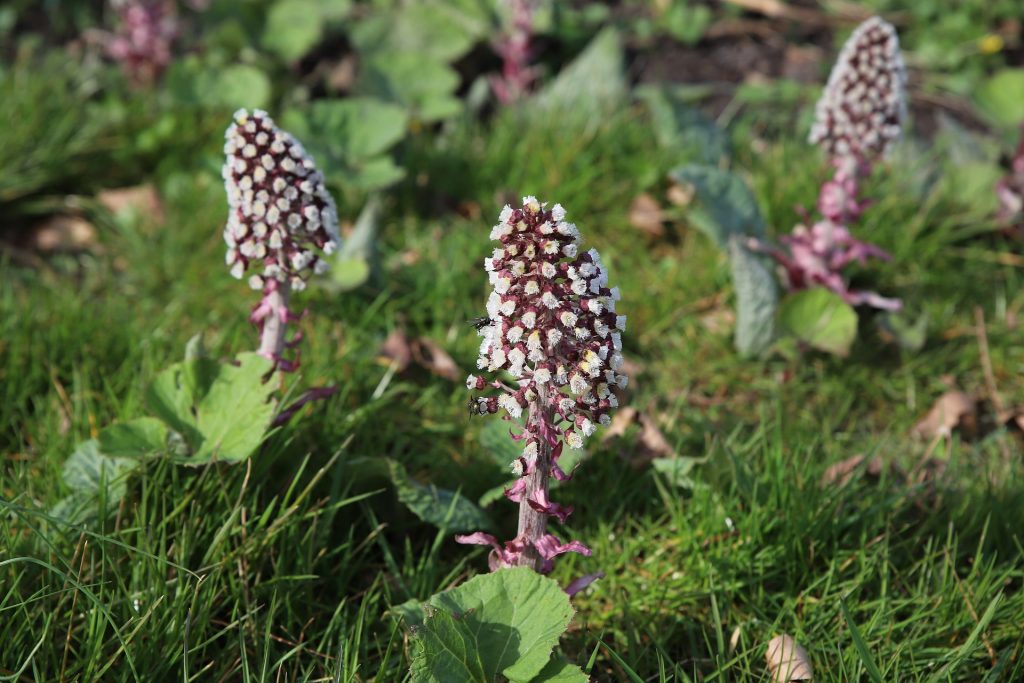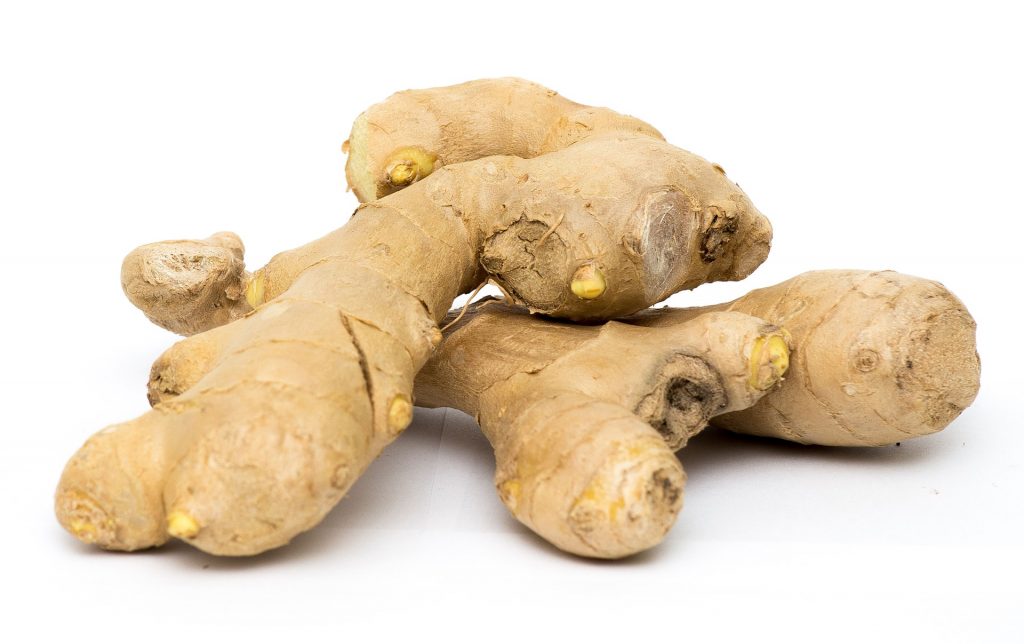Natural Treatments for Migraine Headaches

Migraines are a common condition affecting more than 1 in 10 people in this country. Women have migraines more often than men with 17.6% of women having migraines as compared to 5.7% of men. Interestingly, migraines are significantly more common in low income individuals, possibly due to increased stress (Younger 2016).
If you have migraines that are not well treated, it increases the risks of having chronic migraines long-term (Lipton 2015). On the flip side, taking too much of certain medications for treating migraines can cause medication-overuse headaches, worsening a patient’s pain (Diener 2016). Therefore, effective treatment of migraine is crucial to prevent additional problems. Many of the standard treatments are not always effective, or they may have uncomfortable side effects (Gooriah 2015). Based on the challenges involved with treating migraines, it’s worth seeing if evidence exists for natural treatments that can provide benefits.
Magnesium
Magnesium is a crucial nutrient for maintaining health and appears to have benefits for decreasing migraine attacks and severity (Dolati 2019). There are estimates that up to 75% of the U.S. population does not consume the minimum amount of magnesium needed to maintain health and are likely deficient (Uwitonze 2018). Personally, I’ve had migraines and used magnesium successfully in my own treatment. I would estimate a significant percentage of people struggling with migraines may have a simple magnesium deficiency.
Vitamin B2, Riboflavin
Along with magnesium, vitamin B2 has been studied for migraines. In adult clinical trials, vitamin B2 decreased the frequency of migraines and was very well tolerated (Thompson 2017). In clinical trials with children, efficacy appears less pronounced or mixed. There is some preliminary evidence that vitamin B2 works best in individuals with specific genetic abnormalities related to reduced energy production in the mitochondria (Lorenzo 2009). Vitamin B2 may help to restore more normal cellular energy production, reducing the incidence of migraines.
Butterbur (Petasites hybridus)

Butterbur has been studied for migraines and shows benefits for both adults and children (Rajapakse 2019). However, butterbur contains pyrrolizidine alkaloids which can cause liver damage (Anderson 2019). Documented cases of liver damage are quite rare, in the referenced review only three cases were considered likely from butterbur. Due to the risk, some companies are producing butterbur products that are labeled as “pyrrolizidine alkaloid free”, although it would be nice to have independent laboratory verification of pyrrolizidine alkaloid levels to know definitively that these butterbur products are safe before I can comfortably recommend their use.
Ginger

While the research on ginger is mixed, it’s still worth considering due to its availability and safety profile. One study looking at the use of ginger for migraine prevention showed no benefit (Martins 2019). However, a separate study looking at the use of ginger to abort acute migraines showed efficacy similar to standard medication (Maghbooli 2014). In addition, a third study combined ginger and standard medication for acute migraine and showed improved outcomes with the inclusion of ginger (Martins 2019). Ginger may work better in aborting a migraine attack rather than taken daily as a preventative.
CoQ10
CoQ10 is a natural molecule found in the body involved with energy production. A recent review found that CoQ10 was effective at reducing the duration of migraines and the amount of migraine days per month although the number of migraines and severity were not reduced (Zeng 2019). CoQ10 might be useful in conjunction with other treatments that have been shown to reduce the severity of migraines, like magnesium.
Melatonin
As I mentioned in a previous blog article, melatonin appears to be an effective preventative treatment for migraines. Review studies conclude that melatonin is safe and effective for preventing migraines (Rosenberg 2016). It also appears to work as an add on treatment to standard medication that can improve results overall (Ebrahimi-Monfared 2017). Keep in mind that for prevention, melatonin is taken consistently at bedtime only, not at the onset of a migraine.
Conclusion
Migraines are a common often debilitating condition. Having additional safe options to help reduce the incidence and severity of migraines should be a welcome addition in the treatment of this challenging condition.



